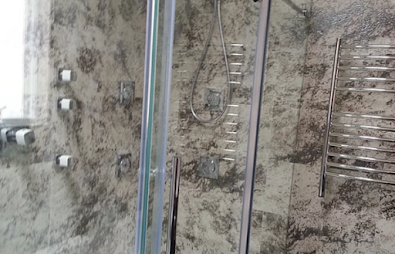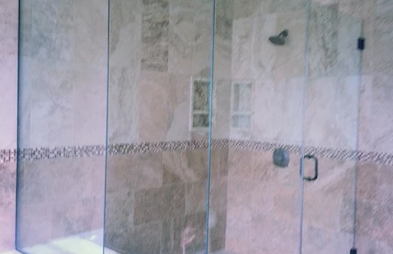FRAMELESS SHOWER DOORS NYC
Are you looking for elegance, comfort and privacy for your bathroom, which has little natural light? .You simply want to say goodbye to unpleasant stains or mildew on your bathroom curtains? Then, don't wait and install shower doors in that intimate space.
They are available in different types, styles and prices so that you can purchase them according to your budget, which gives a modern contribution to this place in your home that will also be more relaxing, intimate and comfortable.
Shower doors bring class, elegance, subtlety and other features to bathrooms. There is a diversity of designs that perfectly fit both the size of the room and the needs of the owner.
You can get in the market, curved, square, opening, sliding, two doors, three doors, steam, traditional, modern, industrial, simply as you look for it.
Why shower doors?
Actually, there are many reasons why you can't miss one in your home:
Comfort; not only for the space but also for yourself, a kind of full relaxation.
Hermeticism; regarding the passage of water for the rest of the bathroom.
Innovation; You have the opportunity to give an elegant and modern style to the bathroom with affordable prices and say goodbye to the old style.
Advantages of shower doors
- Durability, due to the fact that they are made of tempered glass;
- Airtight; they keep the place cold or hot depending on the temperature;
- Ease of use; open or close the doors or slide them;
- Modern style;
Shower door designs:
- Clear Glass;
- Opaque Glass;
- Frosted Glass;
- Sandblasted Glass.
Here at Giovani Glass We specialize in manufacturing and installing,frame and frameless shower doors. tub enclosures using only the finest quality glass and hard ware available. Our glass is manufactured from tempered safety glass with highly polished edges. All hinges, glass clips and handles are solid brass & can be plated to any finish.
Available thickness 3/8", 1/2" CONTACT US FOR YOUR FREE* NO OBLIGATION ESTIMATE.
Services areas
- Manhattan;
- Brooklyn;
- Staten island;
- Nassau county;
- Suffolk county;
- Queens;
- Bronx.

































